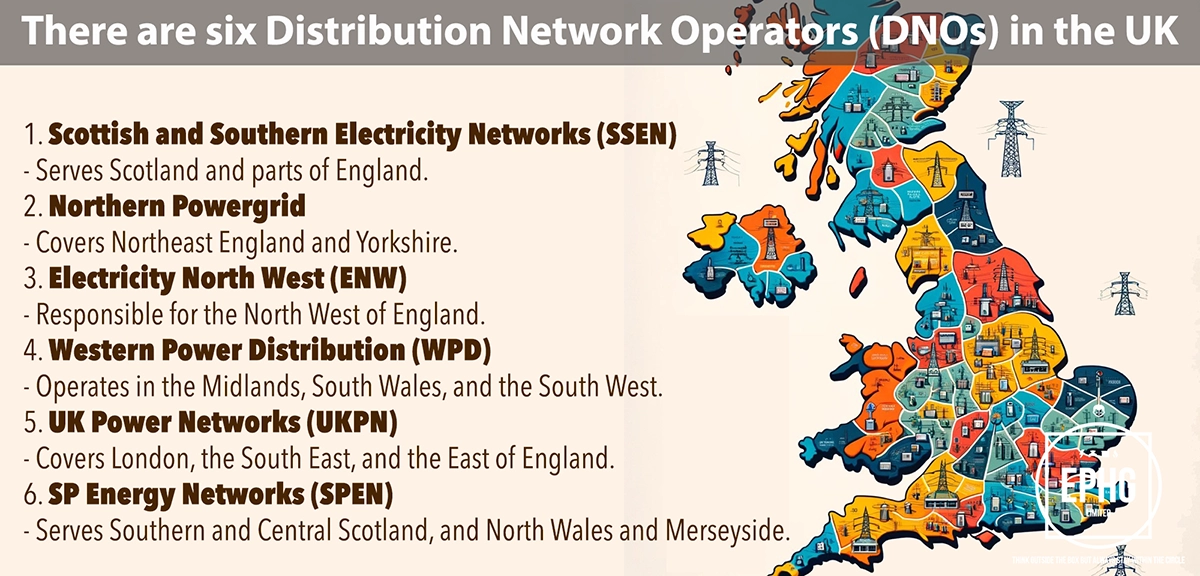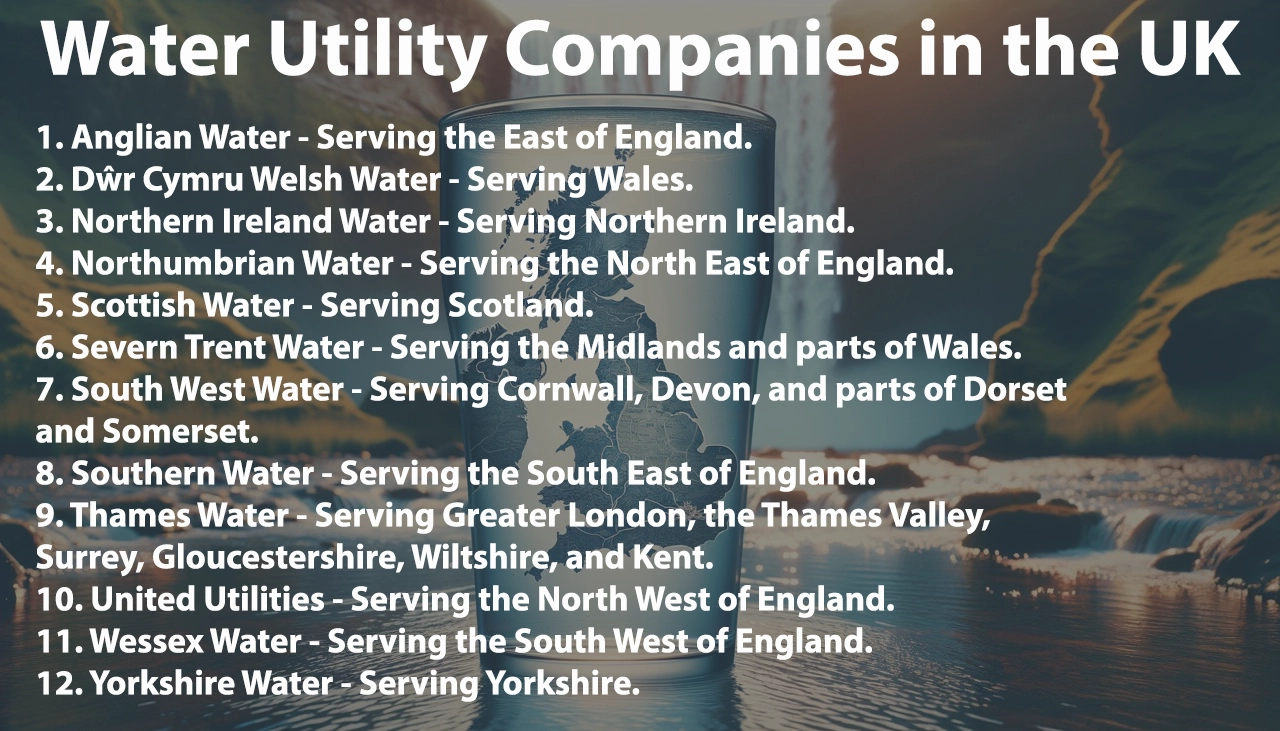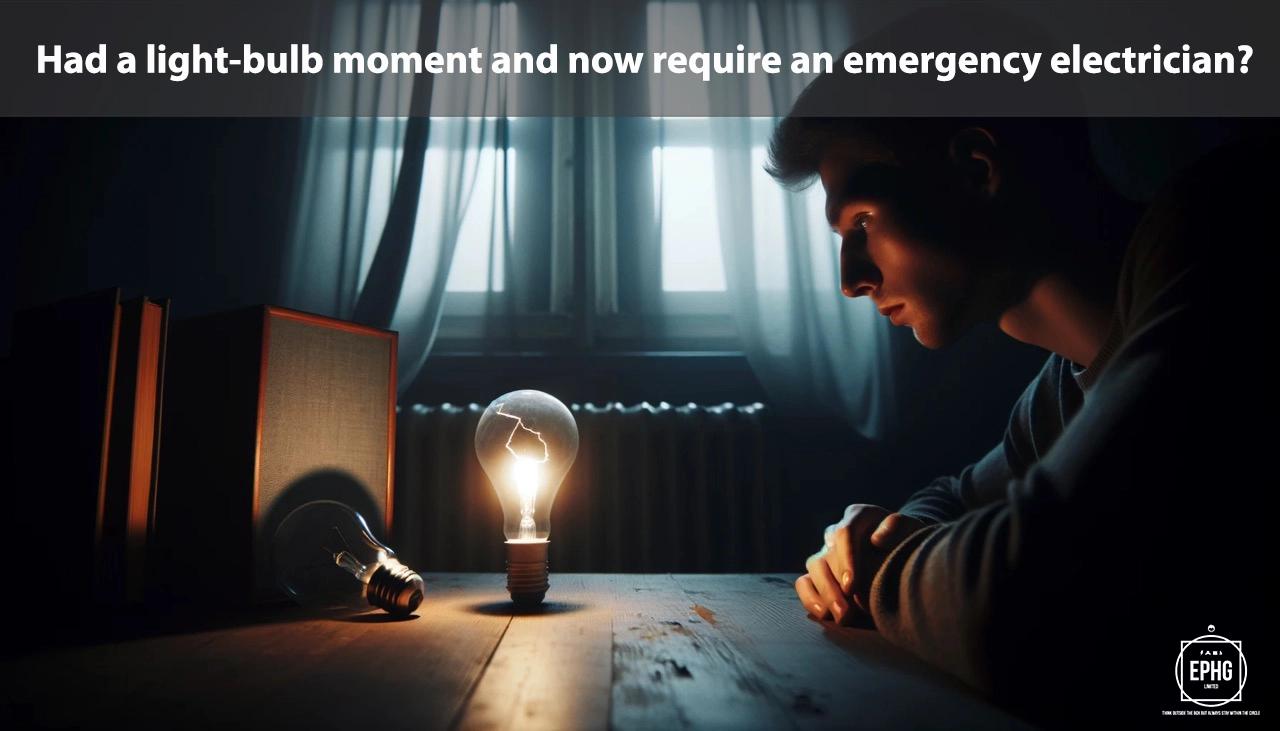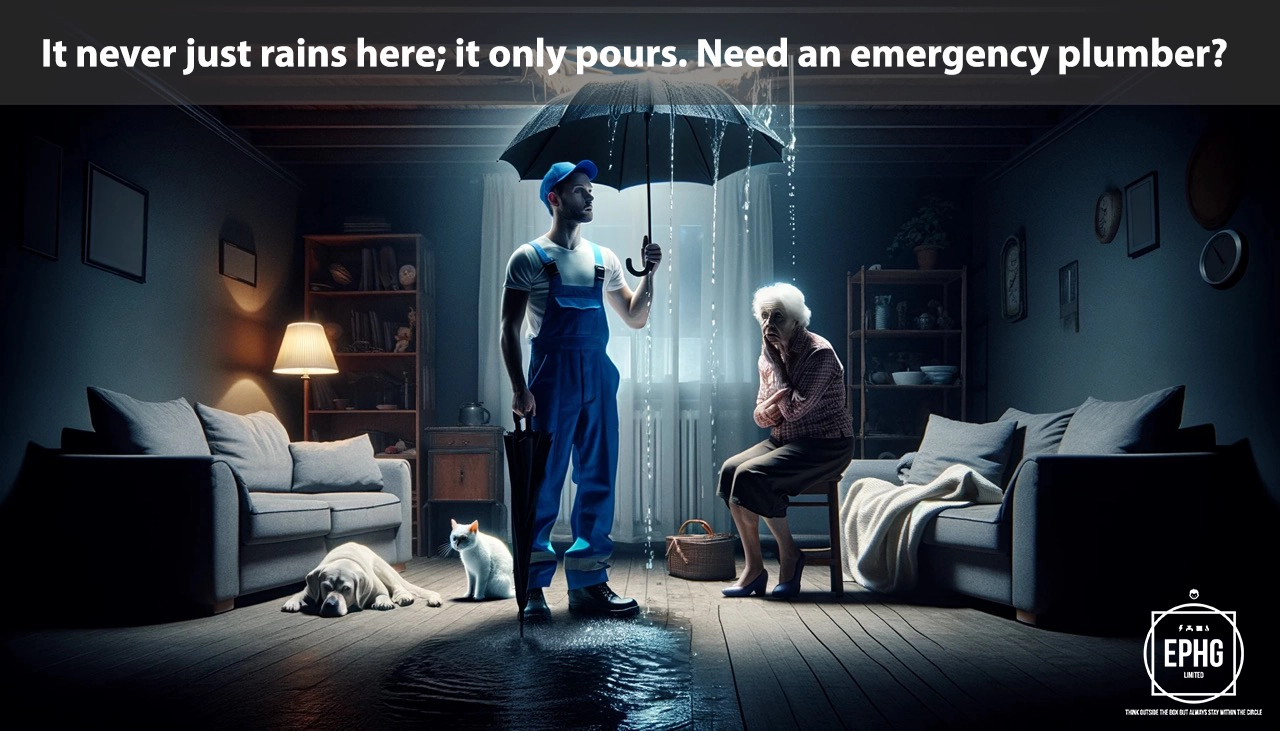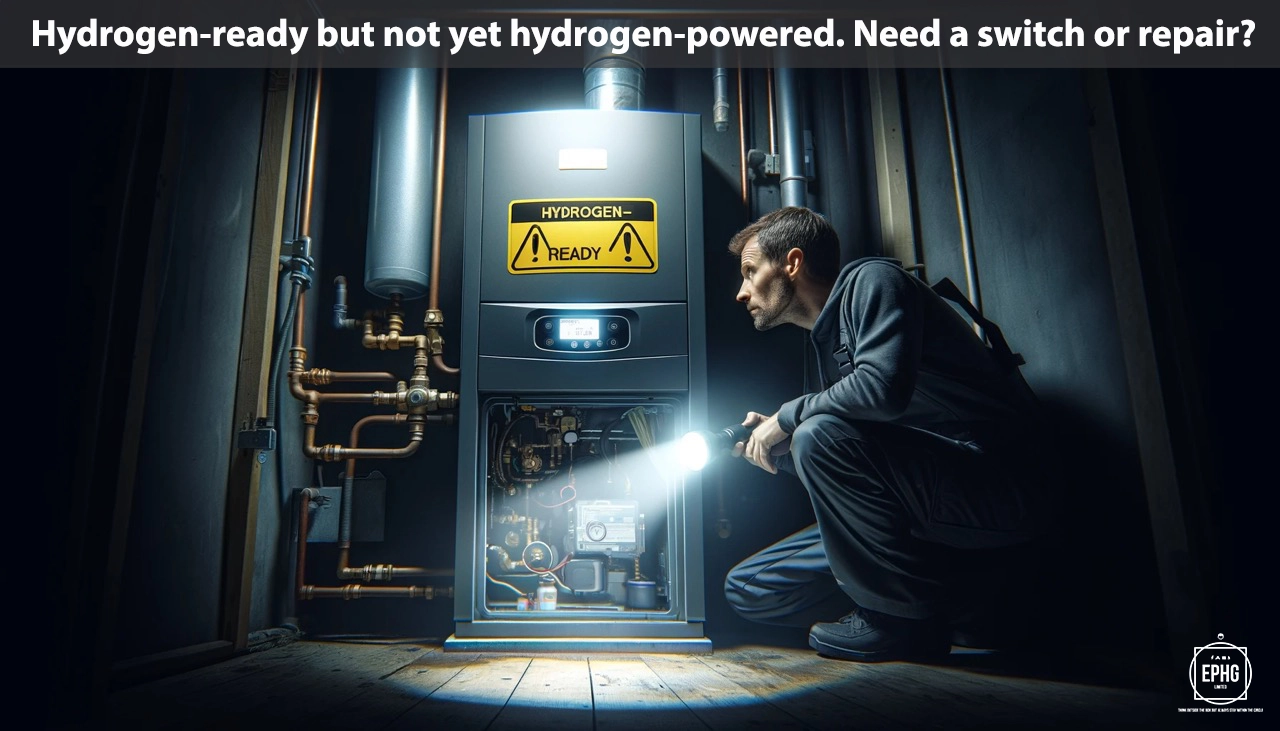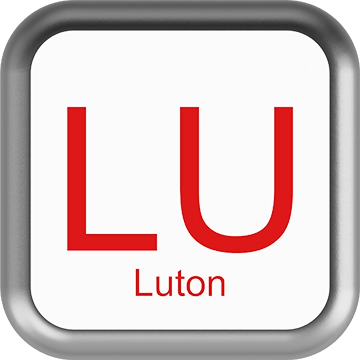
LU Postcodes for Utilities & Services in Luton and Surrounding Areas
Introduction: The LU postcode area, covering Luton and its surrounding regions, offers a blend of urban living and countryside charm. In this guide, we delve into the water and electricity supply specifics in the area, alongside other essential information for local residents and businesses.
Water in Luton and Surrounding Areas
Where does the water supply come from in the LU postcode area, and is there ever a shortage of water?
In the LU postcode area, water supply primarily comes from underground aquifers and the River Lea, among other sources. Affinity Water is the main provider, ensuring the water meets strict safety standards before it reaches consumers. While the Luton area benefits from consistent water provision, like many regions, it faces challenges during periods of low rainfall or drought, leading to heightened water scarcity concerns. Local authorities and Affinity Water actively promote water conservation tactics and have robust strategies for sustainable water management to ensure long-term availability and stability of this vital resource. Residents are encouraged to adopt water-saving measures to help secure water for future generations.
What is the hardness & quality of the water in the LU postcode area, and can this affect your health?
The water in the LU postcode area, particularly around Luton, is generally classified as hard due to the high levels of calcium and magnesium derived from the region's chalky soil. While hard water is safe to consume and use, it can lead to scale build-up in appliances and make soap less effective. In terms of health, hard water poses no significant risks, and in fact, the minerals can be beneficial. However, residents may choose to use water softeners to extend the lifespan of household appliances. The water quality is regularly monitored and treated to meet all health and safety standards, ensuring it remains safe for all domestic uses.
Electricity in Luton and Surrounding Areas
Where does the electric supply come from in the LU postcode area, and what is the future of energy there?
The electricity supply in the LU postcode area largely originates from national grid connections, with increasing inputs from renewable energy sources. Luton and its surrounding areas are gradually transitioning from reliance on traditional energy sources towards greener alternatives. Solar power initiatives, local wind farms, and biomass energy projects are beginning to take shape, contributing to the area's energy mix. Furthermore, there are discussions and early-stage plans for incorporating energy from waste plants, which would further diversify and green the local energy supply. The future of energy in the LU postcode area is set towards sustainability, with aims to lower carbon emissions, increase renewable energy uptake, and improve energy efficiency across residential, commercial, and industrial sectors.
When is hydrogen coming to gas boilers in Luton?
Luton is monitoring the national developments in hydrogen technology and may adopt hydrogen energy solutions in line with broader UK strategies. The transition to hydrogen gas for heating is part of the UK's long-term plan to reduce carbon emissions. While no specific timeline is set for Luton, the area is expected to participate in future hydrogen trials, which will pave the way for a broader roll-out. Residents and businesses are advised to keep abreast of local and national energy developments and to consider efficiency upgrades to their heating systems in preparation for future energy transitions.
Where Does the Wastewater Go in Luton
In the LU postcode area, wastewater treatment is a critical service, ensuring the protection of public health and the environment. Wastewater from homes, businesses, and industry is collected and directed to treatment facilities like the Luton Wastewater Treatment Works. These facilities employ advanced treatment processes to clean the wastewater to high standards before it is returned to natural watercourses such as the River Lea. The focus on advanced wastewater treatment demonstrates the LU area's commitment to environmental sustainability and public health, ensuring the wellbeing of local communities and the natural habitats of Bedfordshire.
Regions and Services:
The LU postcode area showcases a mix of urban development and rural charm, from the bustling town of Luton to the serene Bedfordshire countryside. Key regions include:
- Luton: The heart of urban utilities development, boasting comprehensive electrical and gas infrastructure amidst a backdrop of significant urban renewal and growth.
- Dunstable and Houghton Regis: Adjacent towns to Luton with their own unique mix of historical and modern amenities, actively integrating sustainable energy solutions and community services.
- Leighton Buzzard, Harpenden, and Barton-le-Clay: Market towns and villages where traditional charm meets contemporary living, with an increasing focus on renewable energy sources and local sustainability initiatives.
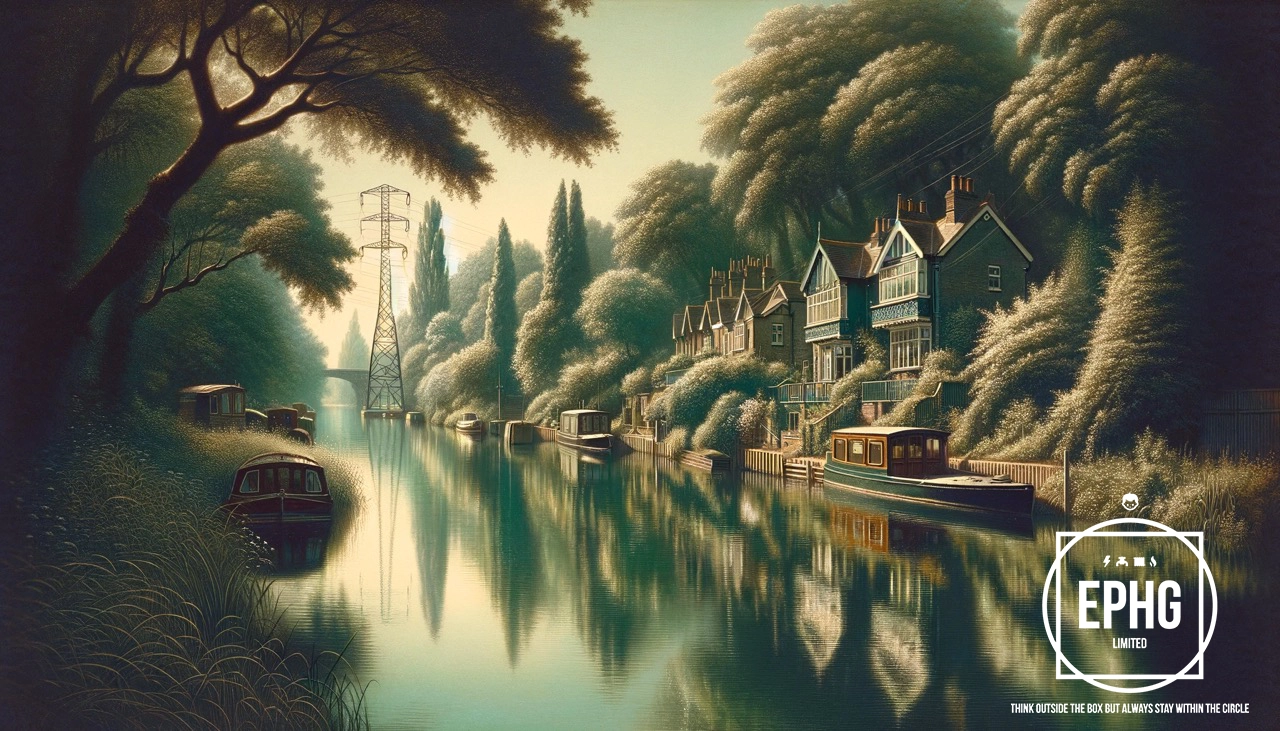
Regions within the LU Postcode
Luton and Surrounding Areas
- LU1: Covers Luton town centre, including the University of Bedfordshire Luton campus, and parts of South Luton.
- LU2: Encompasses areas like Stopsley, Round Green, and London Luton Airport.
- LU3: Covers north Luton, including Icknield, Limbury, and Leagrave.
- LU4: Focuses on west Luton areas like Challney, Lewsey Farm, and Hockwell Ring.
Surrounding Towns and Villages
- LU5: Includes Dunstable town centre, Downside, and parts of Houghton Regis.
- LU6: Covers the rest of Dunstable, Totternhoe, and surrounding rural areas.
- LU7: Encompasses Leighton Buzzard, Linslade, and surrounding villages such as Billington and Stanbridge.
Rural Bedfordshire
- Additional areas within the LU postcode might include more rural settings and smaller villages, contributing to the diversity of the region. These areas benefit from a mix of agricultural land, residential housing, and local amenities, blending modern living with the area's traditional roots.
